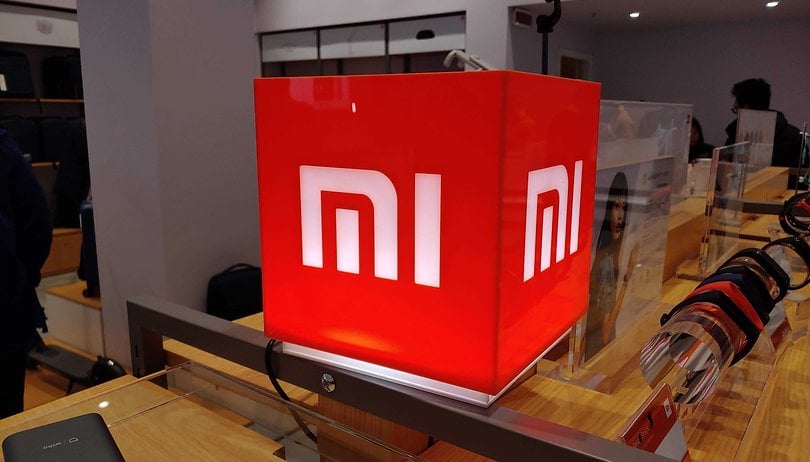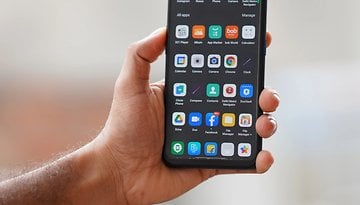Trump blacklists Xiaomi for alleged ties with Chinese military


Updated with Xiaomi statement. Original article follows.
The Trump administration, even as it is going out of power next week, has added nine Chinese companies - including Xiaomi - to a list that allegedly has ties to the Chinese military. These companies shall be subject to several restrictions with the most significant one being losing the ability to raise funds from American investors.
At the outset, let us make it clear that Xiaomi is not in the same list as Huawei. The latter, as you are already aware, is subject to harsher restrictions and is barred from collaborating with American companies. Xiaomi, on the other hand, can continue using/buying American-sourced technology and components on their products and, possibly, even sell their products in the U.S.
What they cannot do anymore, however, is raise money from US investors. Another distinction between the two ‘bans’ is that while Huawei’s ban was issued by the US Commerce Department, the newest Xiaomi ban comes from the US Defense Department.
A Xiaomi Spokesperson has given a statement regarding this. Attaching it in the image.
— Ishan Agarwal (@ishanagarwal24) January 15, 2021
"The Company confirms that it is not owned, controlled or affiliated with the Chinese military, and is not a “Communist Chinese Military Company” defined under the NDAA." #Xiaomi https://t.co/JMpzH1O7F2 pic.twitter.com/ivSAEpTECR
While this will lead to Xiaomi losing some immediate capital, it is not expected to affect their supply chain or even their business in the long term. The company isn’t too dependent on the US market and has at the best, negligible, presence in the U.S and North America.
The blacklist that Xiaomi finds itself in has been around since 1999. It gained prominence only after Trump issued an executive order in November 2020 which barred US investors from investing in companies found to be in this list. What is also notable is the fact that any current investments in these firms by American firms or individuals will need to be divested by November 11, 2021. This also means that Qualcomm Ventures who has invested in Xiaomi will need to divest its holdings in the Chinese company before the said deadline.
Unlike the case with Huawei, the ‘ban’ on Xiaomi will have little to no effect on their consumers. The company will continue making smartphones and consumer electronics goods and sell them anywhere in the world. On the business side, though, it remains to be seen how much of an effect it would have when Xiaomi loses access to funding and investments from US-based individuals and companies. It also remains to be seen if these bans will remain in place once the Biden administration takes over next week.
Source: CNN Business




















China's economic model does raise concerns for those interested in security and privacy on devices.
Even the trend in TVs to have microphones and cameras regardless of maker or location of manufacture is pretty darn creepy in its own right. I might get a software toggle to make me feel good about switching it off, but who knows if it was really switched off. We need open software standards so we can investigate these devices and actually know what we're buying.